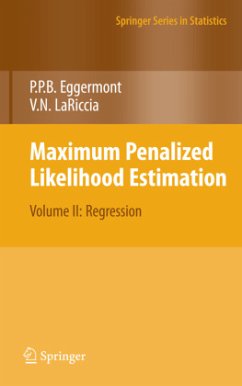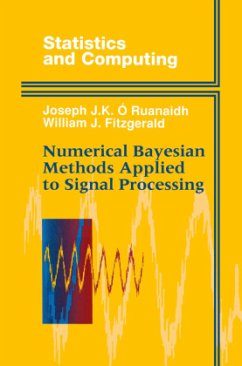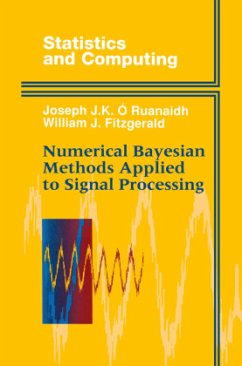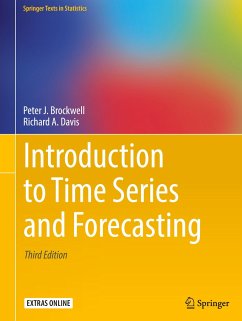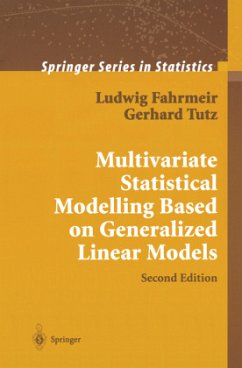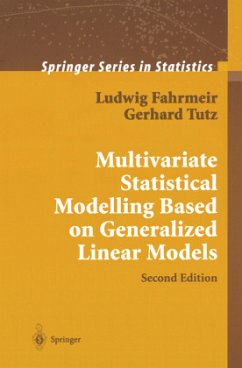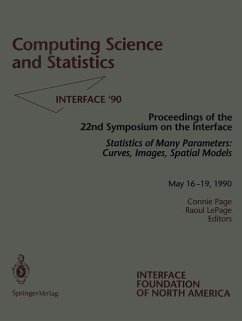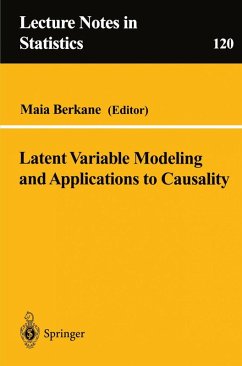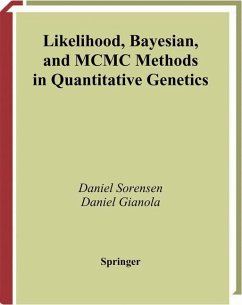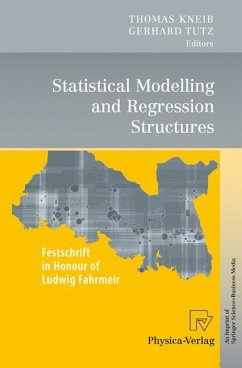
Numerical Analysis for Statisticians
Versandkostenfrei!
Versandfertig in 6-10 Tagen
83,99 €
inkl. MwSt.
Weitere Ausgaben:

PAYBACK Punkte
42 °P sammeln!
Every advance in computer architecture and software tempts statisticians to tackle numerically harder problems. To do so intelligently requires a good working knowledge of numerical analysis. This book equips students to craft their own software and to understand the advantages and disadvantages of different numerical methods. Issues of numerical stability, accurate approximation, computational complexity, and mathematical modeling share the limelight in a broad yet rigorous overview of those parts of numerical analysis most relevant to statisticians.In this second edition, the material on opt...
Every advance in computer architecture and software tempts statisticians to tackle numerically harder problems. To do so intelligently requires a good working knowledge of numerical analysis. This book equips students to craft their own software and to understand the advantages and disadvantages of different numerical methods. Issues of numerical stability, accurate approximation, computational complexity, and mathematical modeling share the limelight in a broad yet rigorous overview of those parts of numerical analysis most relevant to statisticians.In this second edition, the material on optimization has been completely rewritten. There is now an entire chapter on the MM algorithm in addition to more comprehensive treatments of constrained optimization, penalty and barrier methods, and model selection via the lasso. There is also new material on the Cholesky decomposition, Gram-Schmidt orthogonalization, the QR decomposition, the singular value decomposition, and reproducing kernel Hilbert spaces. The discussions of the bootstrap, permutation testing, independent Monte Carlo, and hidden Markov chains are updated, and a new chapter on advanced MCMC topics introduces students to Markov random fields, reversible jump MCMC, and convergence analysis in Gibbssampling.Numerical Analysis for Statisticians can serve as a graduate text for a course surveying computational statistics. With a careful selection of topics and appropriate supplementation, it can be used at the undergraduate level. It contains enough material for a graduate course on optimization theory. Because many chapters are nearly self-contained, professional statisticians will also find the book useful as a reference.





